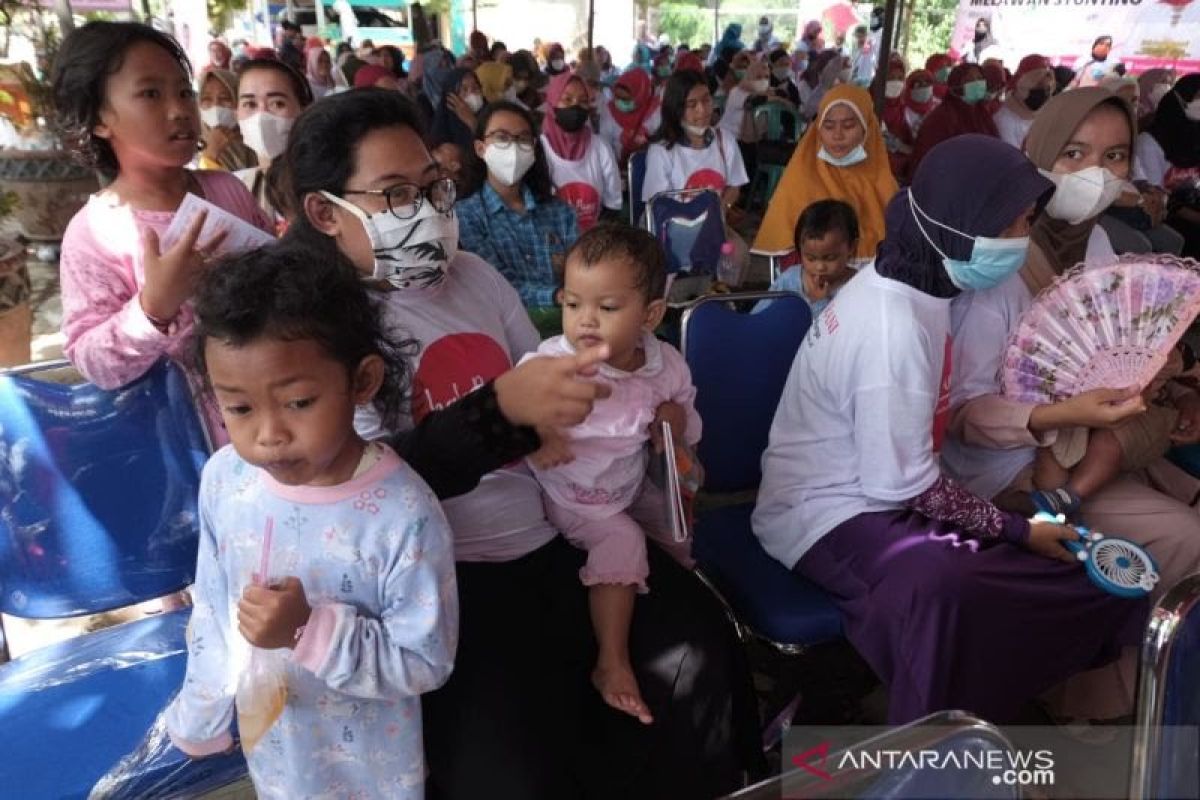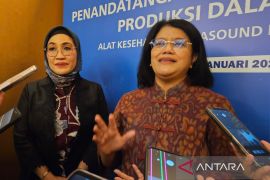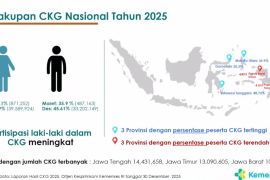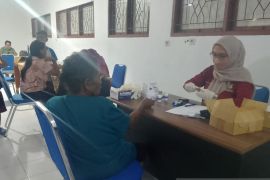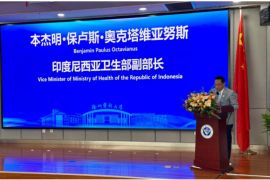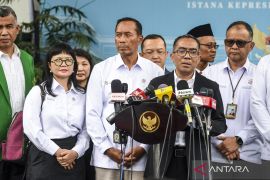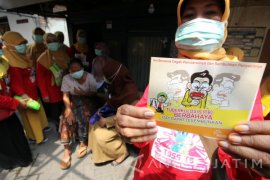"If stunting happens, (the affected children) must be immediately sent to a hospital. There will be procedures, in accordance with the stages, must undergo those and be measured with anthropometry. Do not let children get stunted. Once the weight does not increase, it must be intervened," the minister said at the “2023 Stunting Reduction Intervention Policy Information” dissemination event on Friday.
Minister Sadikin said that in 2023, the government will focus on pursuing efforts to reduce stunting prevalence to 17 percent so that the stunting reduction target for 2024 can be met.
The government realizes that stunting is a complex issue because many sensitive factors come into play, such as the environment and parenting style. Then there are factors pertaining to health, such as lack of nutrition and anemia.
According to a research conducted by the World Health Organization (WHO), 70 percent of stunting causes can be addressed through intervention. The Indonesian health ministry has launched 11 programs focused on two groups that are the highest determinants of stunting: pregnant women and infants aged 6 to 24 months.
The programs cover education, information, and health promotion on matters pertaining to stunting, Sadikin informed.
Other programs initiated by the ministry include the distribution of blood supplement tablets for teenage girls in the 7th and 10th grades in order to prevent anemia at an early age, he added.
Public health centers have been instructed to routinely measure the hemoglobin (Hb) levels in teenagers during tablet distribution so that they can get concrete data regarding anemic adolescents.
Stunting prevention measures for pregnant women have included the provision of iron tablets and adequate nutritional intake, especially animal proteins, the minister noted.
The ministry has tweaked its policy so that pregnancy checks through Antenatal Care (ANC) can be conducted six times and twice using ultrasound so as to monitor the growth of fetuses.
The intervention for infants aged 6 to 24 months involves PCV and rotavirus vaccinations to protect them from recurrent infections, Sadikin informed. For babies under the age of 6 months, it involves ascertaining that their exclusive breastfeeding needs are being met.
"The biggest infections in babies are pneumonia and diarrhea; that's why immunization is important for babies. For babies identified as being at risk of stunting, we must prevent the (disease) by giving animal proteins. It can be from eggs, chicken, fish, meat, milk, and immediately intervened to be measured with a scale," he added.
Related news: SSGI stunting data will be updated annually, minister assures
Related news: Quality care for children crucial in stunting prevention: Minister
Translator: Hreeloita DS, Mecca Yumna
Editor: Tia Mutiasari
Copyright © ANTARA 2023
